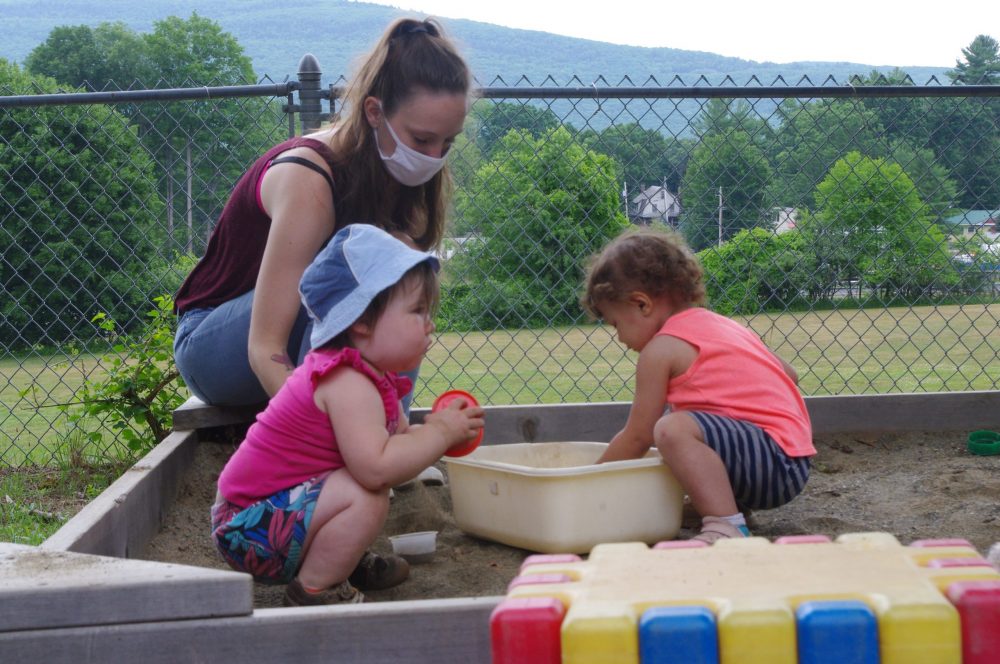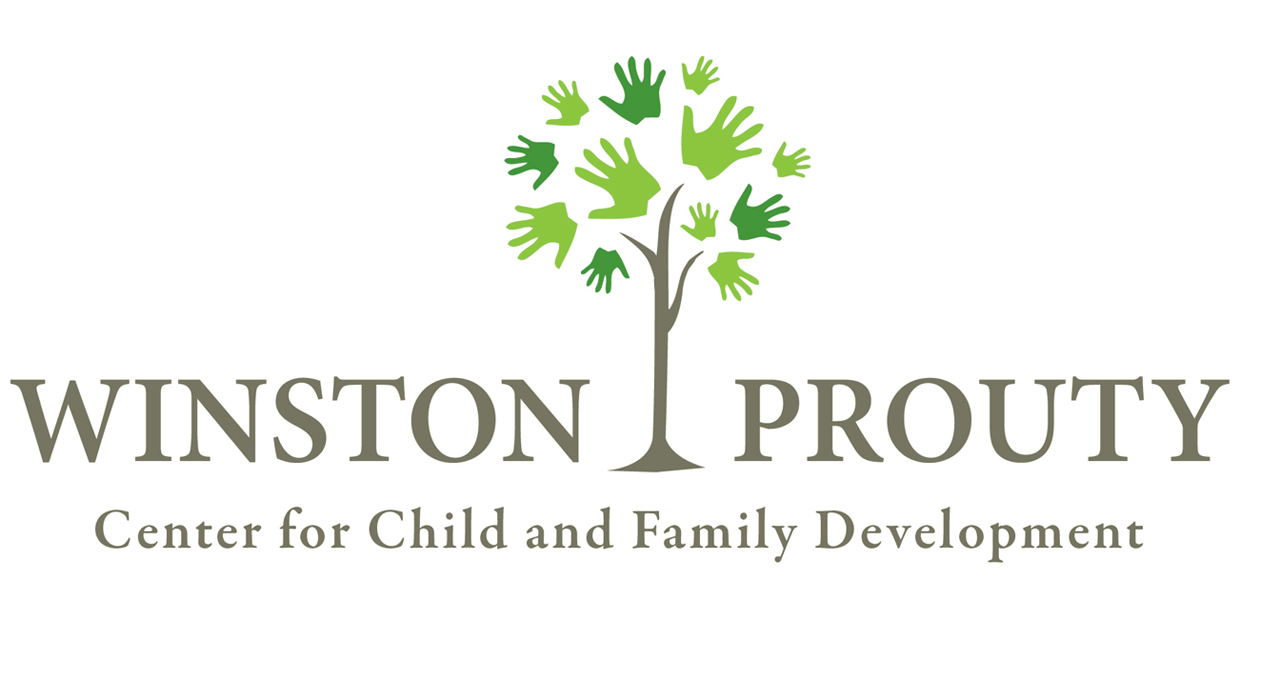Child care can open safely AND needs continued investment

By Chloe Learey, Executive Director – Published on www.vtdigger.org, June 17, 2020
The Great Pause of the Pandemic has given us an important opportunity to make a positive difference in the trajectory of some foundational features of our society including housing, food access, and child care. We have an opportunity to stand together and to work towards creating more equitable systems – starting with early care and learning for our very youngest children.
The importance of child care to children, families and our broader community has been strongly amplified during this time. Certain aspects of education can be provided remotely, but care cannot. In the earliest years, the essence of the education (social emotional development) happens via in-person care. Consequently, many early learning programs remained open for children of essential personnel, including elementary-age children since schools were closed. This has happened successfully, in part, because child care is a business well acquainted with the importance of hygiene practices, and well-practiced in adapting to new environments. These programs should be applauded for their dedication to safely and securely caring for our community’s children.
While physical distancing is not developmentally appropriate for our youngest children, the existing and increased cleaning protocols combined with other mitigating factors make it possible to provide care that is physically and emotionally safe. For instance, strategies like making sure available toys can be easily cleaned, different classrooms do not co-mingle, and spending lots of time outside have a big impact. This does not mean it is risk free, but that is not possible in a world that comes with risk. Have we lowered the risk enough to broaden access to child care? The current data indicate yes.
Does this mean we can go back to the way things were? Absolutely not. One reason we have been able to sustain our early learning program at Winston Prouty through the closure is because the state recognized the importance of supporting child care infrastructure. Tuition stabilization through continued financial assistance and grants to cover lost private tuition helped bridge the gap so that programs could be sustained. Re-start grants are a new resource being provided to programs for covering the increased costs associated with opening—such as cleaning supplies and programming changes that might include everything from supplies to running a program that is primarily outdoors to increased staffing to decreased enrollment. Although these grants are a help, they are not sufficient for the scope of our increased costs.
These are one-time funds that help in the short term but will need to be built into the on-going investment into child care if it is going to be sustainable. This is why the Winston Prouty Center has signed on to Let’s Grow Kids’ policy statement (https://letsgrowkids.org/build-stronger) calling for immediate and significant additional investments of CARES Act funding in Vermont child care programs – both to support programs in safely reopening and to strengthen the industry long-term. I encourage you to join me and the 800 Vermont individuals, businesses and organizations who have signed on to support the effort. Child care has long been a sector that is undervalued both for our education of young children whose brains are 90% developed by the age of 5, and for the contribution the sector makes to overall economic development from a multi-generational perspective. Early educators are some of the lowest paid wage earners in the United States, and yet many of them are on the front lines during this crisis. We must find ways to adequately train and pay these teachers in a way that reflects the value of what they are doing.
We can open safely and advocate for on-going investment in a child care system for the future that is stronger, more equitable and more sustainable. For many children having access to a high-quality environment will make a tremendous positive impact on their development and future success, especially those who may be at risk. This is a key opportunity for us to make that happen.

